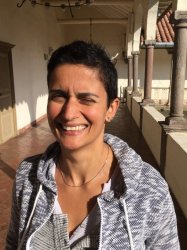BibTex format
@article{Alshreef:2019:10.1016/j.vhri.2019.03.001,
author = {Alshreef, A and MacQuilkan, K and Dawkins, B and Riddin, J and Ward, S and Meads, D and Taylor, M and Dixon, S and Culyer, AJ and Ruiz, F and Chalkidou, K and Edoka, I},
doi = {10.1016/j.vhri.2019.03.001},
journal = {Value in Health Regional Issues},
pages = {65--74},
title = {Cost-effectiveness of docetaxel and paclitaxel for adjuvant treatment of early breast cancer: adaptation of a model-based economic evaluation from the United Kingdom to South Africa},
url = {http://dx.doi.org/10.1016/j.vhri.2019.03.001},
volume = {19},
year = {2019}
}

